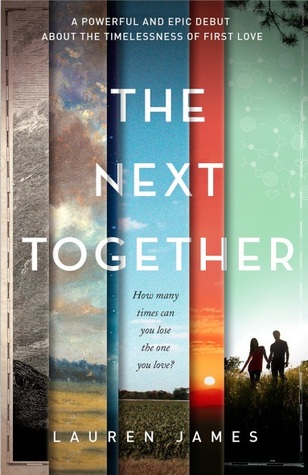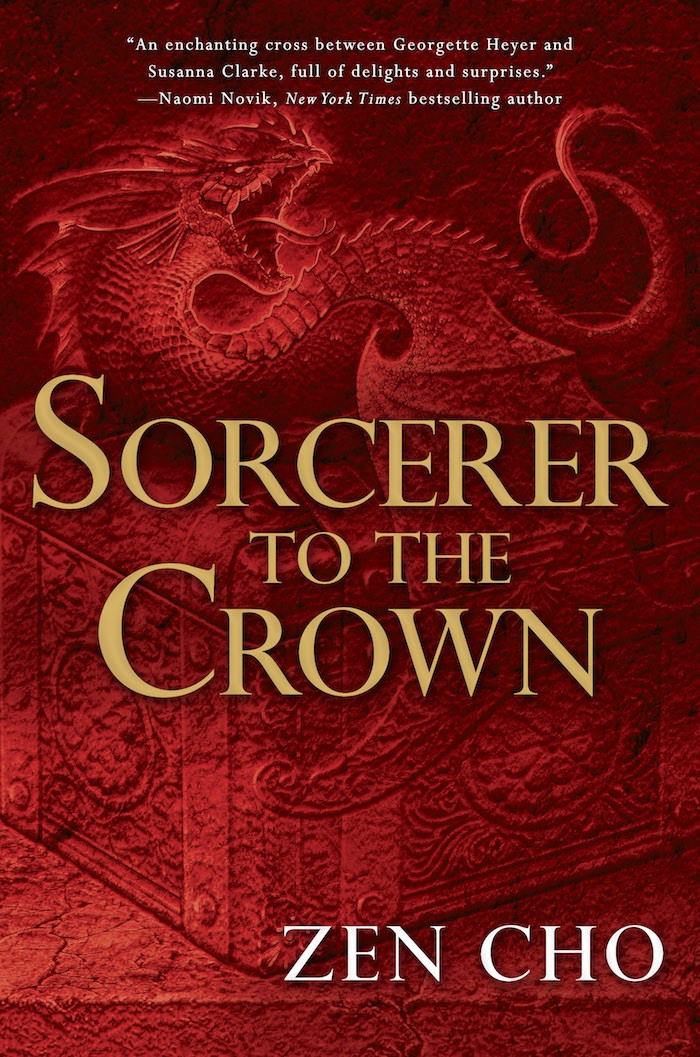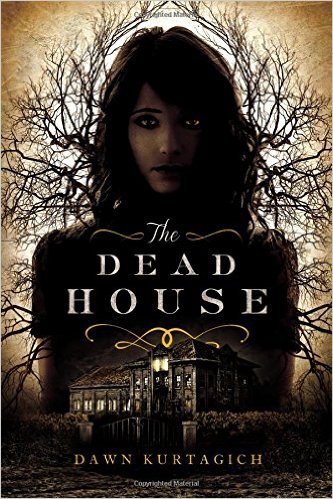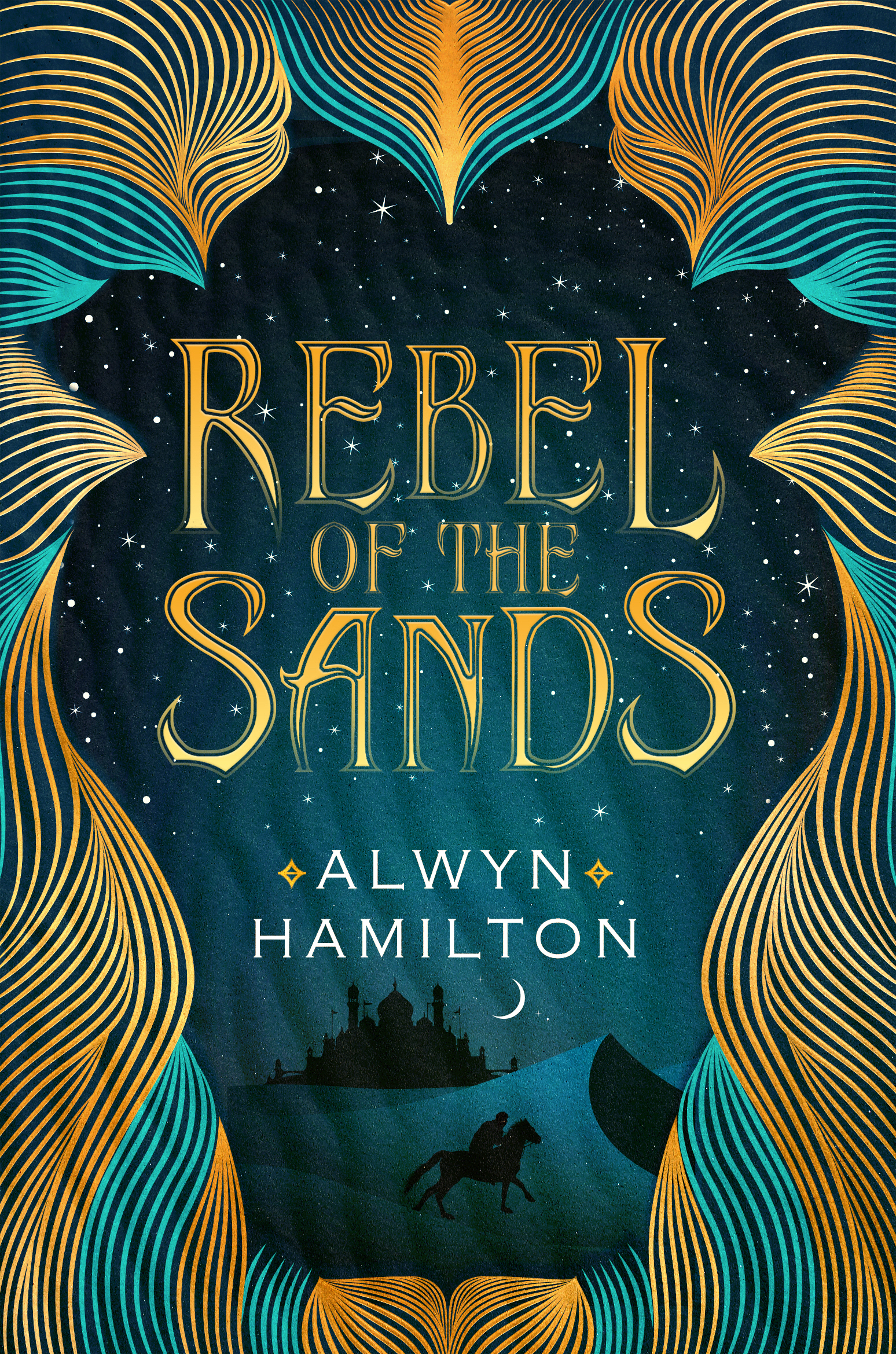Welcome to our Author Takeover for May, with a guest post from Lucy Christopher. Her new YA novel, STORM-WAKE, is a modern reimagining of The Tempest. It is a spellbinding tale of transformation and illusion that moves between the realms of dream and reality. Lucy discusses elemental magic and how the stormy island setting lends itself to find magic in the minutiae.
Moss has lived with her pa on a remote island for as long as she remembers. The Old World has disappeared beneath the waves – only Pa’s magic, harnessing the wondrous stormflowers on the island, can save the sunken continents. But a storm is brewing, promising cataclysmic changes. Soon, two strange boys wash up on the shore. As the clouds swell and the ocean churns, Moss learns to open her eyes to the truth about her isolated world …
Elemental Magic in Harry Potter and Storm-Wake.
Elemental magic exists aplenty in both Harry Potter and in my most recent novel, Storm-Wake. But elemental magic is ancient and has existed in creative works long before these stories.
And what is elemental magic, you might ask?
In the purest sense, elemental magic is one of the most powerful forms of magic. It is basically the ability to manipulate elements of nature – namely air, water, fire, and earth.
It is also magic or moments of spiritualist/eeriness connected with the weather or nature.
There are countless times when Harry manipulates nature in order to perform magic. For instance, there are many spells throughout the series that use water (e.g. Aguamenti) or fire (the fire-making charm or Fiendfyre). There are also weather-modifying charms.
Storm-Wake is inspired by Shakespeare’s The Tempest, a creative work over 400 years old, which also uses elemental magic. In Shakespeare’s story, elemental magic exists in the form of ethereal spirits, and Shakespeare makes explicit reference to their elemental nature countless times. Ariel first appears as a “water-nymph,” and Prospero also refers to him as nothing “but air.” Finally, when Prospero gives Ariel his freedom, he gives him back “to the elements be free.”
I wanted to capture this idea of elemental magic in my own book, too. I wouldn’t say Storm-Wake is a traditional fantasy novel, but it does have elements of magic, particularly in its first, dreamier, half.
One of the more fantastical parts of Storm-Wake are its stormflowers. These flowers have the power to respond to deepest desires, working to change characters’ “reality” to “give” them what they want. My character Pa (my nod to Prospero) sends these flowers out on the winds to “heal the darknesses” of the world beyond their island. It is elemental magic in its purest form. But whether it really works is a question of the novel. And when two boys from the world beyond their island are shipwrecked onto Pa and Moss’s beach, their compass of “what is real” is set spinning.
For me, The Tempest’s main theme is about the construction of story and how stories are made up of reality and unreality (truth and magic) working together. Storm-Wake expresses this theme through its merging of both a fantastical and realist story. Harry Potter does this by explicitly bringing elements of magic into the world we Muggles know today.
Lucy Christopher’s new novel, Storm-Wake (Chicken House, £7.99), is out now.





